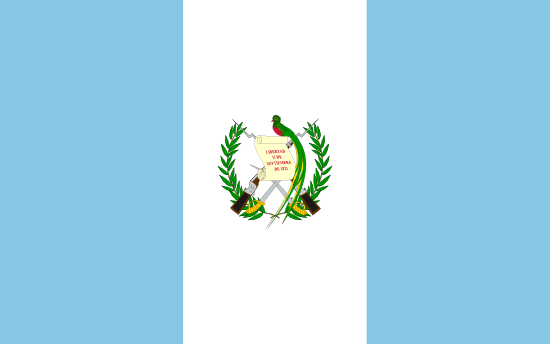
Health Insurance in Guatemala, America
Information expatriation
Capital City: Guatemala City
Total area: 108,889 km2
Population: 13,354,000
Money: Currency Converter
Time Zone: List of time zones by country
Calling Code: +502 XXX
Practical Information:
Health Product: Travel Insurance and Health insurance
Health Insurance information and Sanitary Risk: World Health Map
BLOG: Expat Health insurance Information
Here is a brief description of the healthcare system in the country:
· Guatemala has a mixed public-private healthcare system. The public system covers about 25% of the population.
· Public primary care is provided through clinics and health centers run by the Ministry of Public Health and Social Assistance (MSPAS).
· Secondary and tertiary care is provided at regional and national hospitals, but capacity is limited. Quality varies considerably between urban and rural facilities.
· About half the population relies on private healthcare paid through direct out-of-pocket costs or private insurance plans.
· Only 12-15% of the population is covered by any kind of health insurance. Cost is a major barrier to healthcare access.
· Government health expenditure is only around 2% of GDP, among the lowest in Latin America. Infrastructure and resources are lacking.
· There are critical shortages of health professionals, facilities, equipment and medications, especially in rural indigenous areas.
· Maternal and child mortality rates remain high compared to other countries in the region due to poor access to care.
· Life expectancy is around 73 years but varies greatly depending on social and economic demographics.
Here are some key health considerations for expatriates living in the country:
· Purchase comprehensive international medical insurance before arriving. Do not rely on the public system for anything beyond basic needs.
· Most expats use private clinics, hospitals and doctors for healthcare due to limited capacity and quality variability in public options.
· Ensure your insurance provides coverage nationwide, as quality varies significantly between urban and rural areas.
· Consider supplemental medical evacuation insurance as high level care is concentrated in major cities.
· Be aware of environmental risks like water/food-borne diseases depending on your location. Practice preventive measures.
· Cultural and language barriers may affect healthcare access, especially outside cities. Learn basic medical Spanish.
· Bring essential prescription medications from home rather than relying on availability locally.
· Road safety is poor - ensure access to medical facilities if an accident occurs. Wear helmets, seatbelts.
· Take precautions against insect-borne diseases like malaria which can be life-threatening if treatment is delayed.
· Register with English-speaking expatriate doctors who understand the limitations of the local system if possible.
